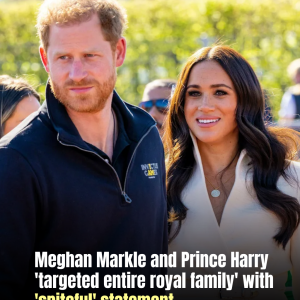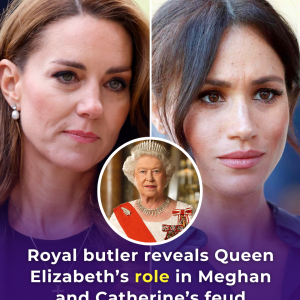
Have you ever wondered if you might be distantly related to the Royal Family? According to researchers, a surprising number of common surnames could point to aristocratic or even royal connections somewhere in your family tree.
The Royal Family itself currently uses the double-barrelled surname Mountbatten-Windsor. “Windsor” has been the family house name for generations, while “Mountbatten” came from Prince Philip, who adopted his mother’s family name when he became a British citizen in 1947. After Queen Elizabeth II took the throne in 1952, she combined the two surnames as a tribute to her husband.
The 100 surnames linked to royal ancestry

Here’s the list of surnames that might suggest a distant royal connection:
Abel, Alden, Appleton, Ayer, Barber, Barclay, Beverly, Binney, Brooke, Brown, Campbell, Carroll, Chauncey, Coleman, Cooper, Davis, Dickinson, Darling, Douglas, Dunbar, Edwards, Ellery, Ellis, Emmett, Evans, Farley, Fleming, Forest, French, Gardiner, George, Gerard, Gerry, Gibson, Graham, Hamilton, Haynes, Herbert, Hill, Howard, Hume, Irving, Jackson, James, Jenkins, Johnson, Kane, Kennedy, Ker, Key, King, Langdon, Lawrence, Lee, Leonard, Livingston, Lloyd, McCall, McDonald, Malcalester, Montgomery, Morris, Morton, Nelson, Nicholson, Nixon, Norris, O’Carroll, Ogle, Opie, Parsons, Patterson, Peabody, Pomeroy, Porter, Pratt, Preston, Quay, Randolph, Read, Reeve, Robinson, Rogers, Sanford, Shaw, Smith, Sowden, Stanley, Taylor, Townsend, Turner, Tyler, Valentine, Varson, Walker, Watts, White, Whiting, Williams, Young.
Aristocratic and dynastic surnames
Beyond those 100, there are certain surnames directly tied to historic aristocratic or royal dynasties. These include:
Windsor, Tudor, Stuart, Plantagenet, Capet, Bourbon, Habsburg, Hanover, Valois, Lancaster, York, Bruce, de Valois, de Medici, Savoy, Orange-Nassau, Oldenburg, Glucksburg, Romanov, Baskerville, Darcy, Neville, Percy, Astley, Capell, Howard, Seymour, Grey, FitzAlan, Courtenay, Manners, Russell, Cavendish, Talbot, Spencer.
Of course, simply sharing a surname doesn’t guarantee royal blood — but it could be a starting point if you’re interested in tracing your family history.
A bloodline spanning more than a millennium

Queen Elizabeth II’s own lineage has been charted with remarkable accuracy: 37 generations, stretching back more than 1,200 years. Historians often point to Æthelstan, born around AD 895, as the first true King of England.
So, if your last name appears on these lists, you may want to dig a little deeper. Who knows — your family tree might have more royal roots than you ever imagined.




